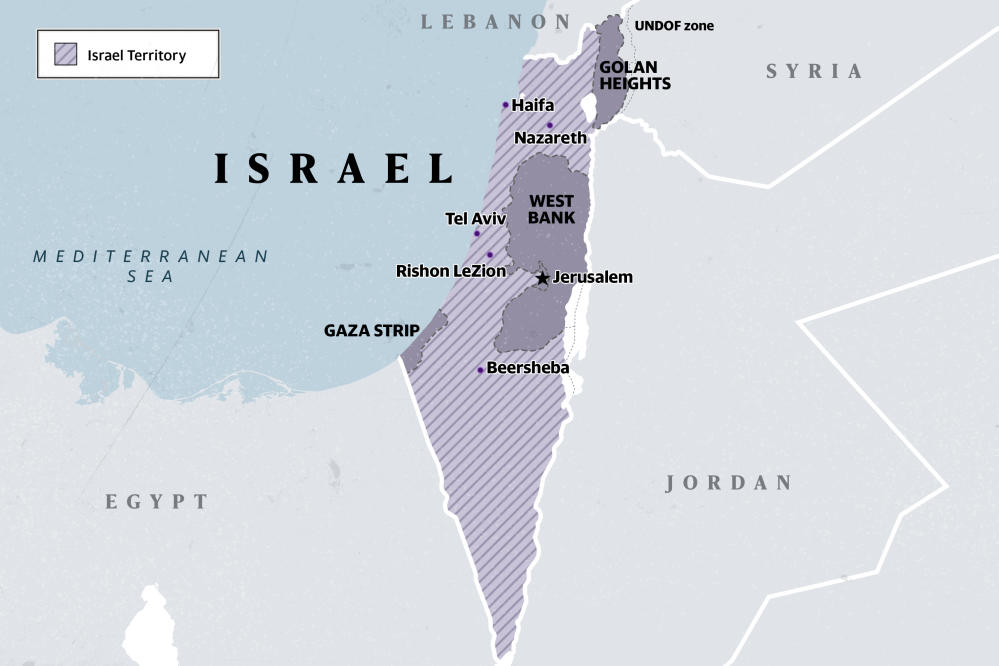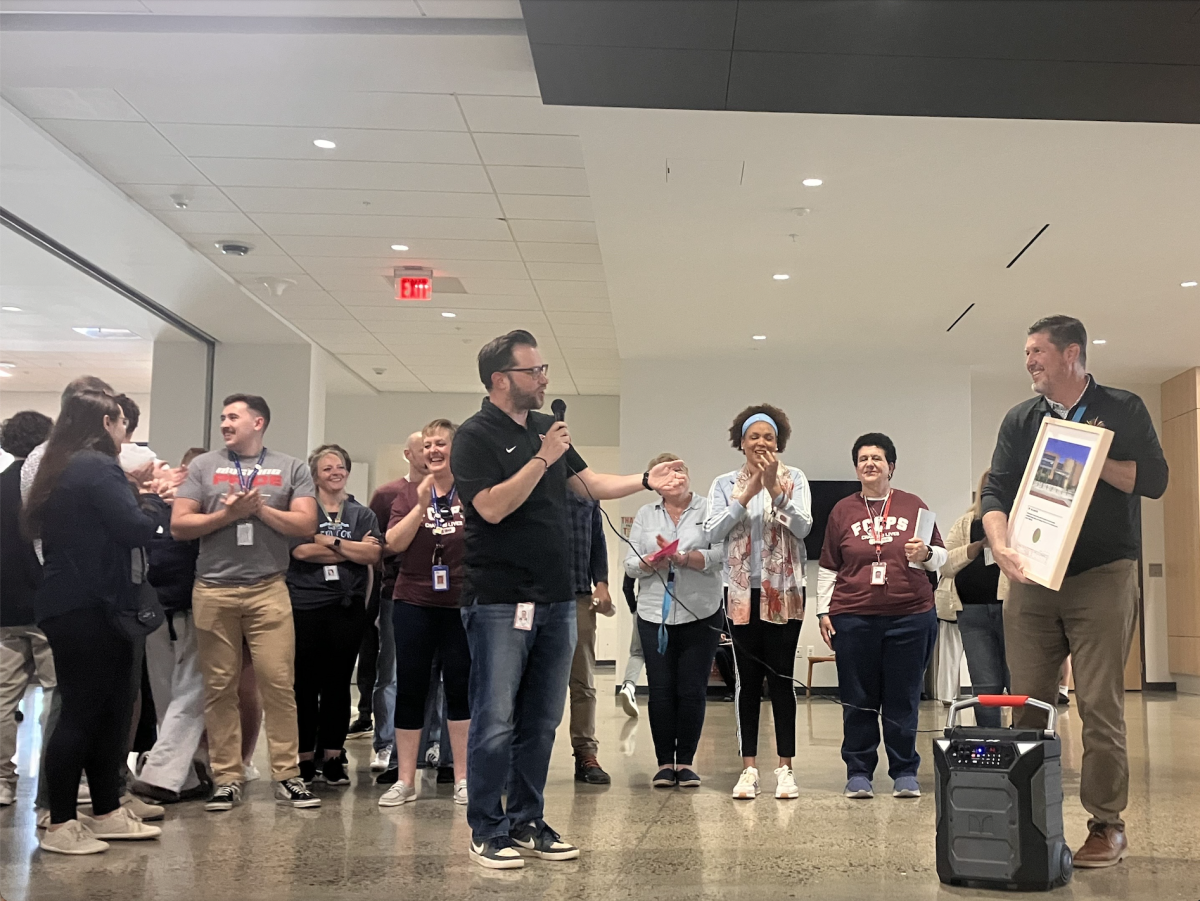On Saturday, Oct. 7, Israeli Prime Minister Benjamin Netanyahu declared, “citizens of Israel, we are at war” following a surprise attack from Hamas militants. The attack began early Saturday when Hamas forces launched upwards of about 5,000 rockets into Israeli territory. The initial attacks killed an estimated 250 Israelis and wounded 1,000 more. Through the night the death toll only rose.
Israeli forces on the counter offensive, fired airstrikes around the Gaza Strip, killing 232 people and roughly injuring 1,697 people. As Israel continues its airstrikes into Palestinian territory, they have also ordered the complete cutting of water, electricity, food and other necessary goods from the already impoverished territory.
The Israeli-Palestinian conflict is a longstanding and complex issue that has persisted for decades, with both sides experiencing immense suffering and loss. The conflict centers on competing national aspirations, historical grievances, and territorial disputes, primarily between Israelis and Palestinians, as well as Israel’s confrontations with Hamas.
Hamas, an acronym for the Islamic Resistance Movement, Harakat al-Muqawama al-Islamiya, is a Palestinian political and militant organization that operates the Gaza Strip on the border of Israel and Palestine. The Hamas group is a designated terrorist organization by some countries, including the United States.
The Saturday move, which caught the Israeli military and intelligence off guard, has resulted in over 1400 Israeli casualties, and made it one of the deadliest days for people who practice judaism since the Holocaust. Hamas claims to be holding “over 200” Israeli hostages, including high-ranking officers, civilians, children, and even grandmothers.
Following Israeli retaliation, Hamas launched thousands of rockets into Israel, making direct hits on multiple locations, including the densely populated city of Tel Aviv. Malina Howard-Mims, a former Meridian student recently relocated to the northern part of Tel Aviv following the last school year.
Her experience in the regional location of the conflict brings a unique perspective to the understanding of how the war has impacted residents in the area. “We do occasionally get rockets, the sirens have been going off about once a day,” Howard-Mims said. “We have a concrete bomb shelter in our basement that we have to go to whenever we hear sirens, and there’s a metal plate we drag across the window plus a super heavy metal door so that the room is secure in case a rocket did manage to hit us.”
12 days into this war, more than 4,000 lives have been claimed on both sides. In his speech Wednesday, Oct. 11, Netanyahu stated, “every Hamas member is a dead man.” Israel has called up 360,000 reservists which has promoted higher levels of troops positioning themselves along the border with Gaza.
Over 1 million Palestinians have been internally displaced within Gaza, unable to seek shelter in neighboring countries. With the threat of an Israeli ground incursion rising, the already dire humanitarian situation in the territory becomes even more precarious, leaving the displaced individuals in a state of profound vulnerability.
With Israel escalating their response to the attack by the Palestinian militant group, Gaza neighborhoods lie in ruin. Gaza is the third most densely populated area in the world, with roughly 2 million people in the territory the size of Manhattan. The borders have been subjected to an Israeli blockade, severely limiting the movement of goods and people in and out of the enclave. Humanitarian groups, working with Egyptian officials, are in negotiations to set up humanitarian corridors in Gaza to deliver necessary aid.
The timing of this conflict is also significant, as it unfolds against the backdrop of deep divisions within Israel. The country has faced political and military crises following the government’s contentious plan to reduce the power of its courts, which was met with opposition.
In response to the crisis, Western states have strongly condemned the Hamas attack and expressed support for Israel. Meanwhile, Arab states, including those that have recognized Israel, have called for de-escalation.
United States President Joe Biden has unequivocally condemned the attack by Hamas, reaffirming Washington’s support for Israel. President Biden even making a journey to the country joining Secretary of State, Antony Blinken. The United States has also begun efforts to evacuate Americans out of Israel, although questions about Americans in Palestine remain.
The situation remains fluid and unpredictable, with both Israel and Hamas vowing retaliation and the potential for a long and difficult war.
Howard-Mims stressed that the most important thing we can do as a community is to reach out to your Jewish/Israeli and Palestinian friends to see how they’re doing. “Even if they aren’t actually living in Israel or Palestine right now – they almost certainly have – family or friends there.”










